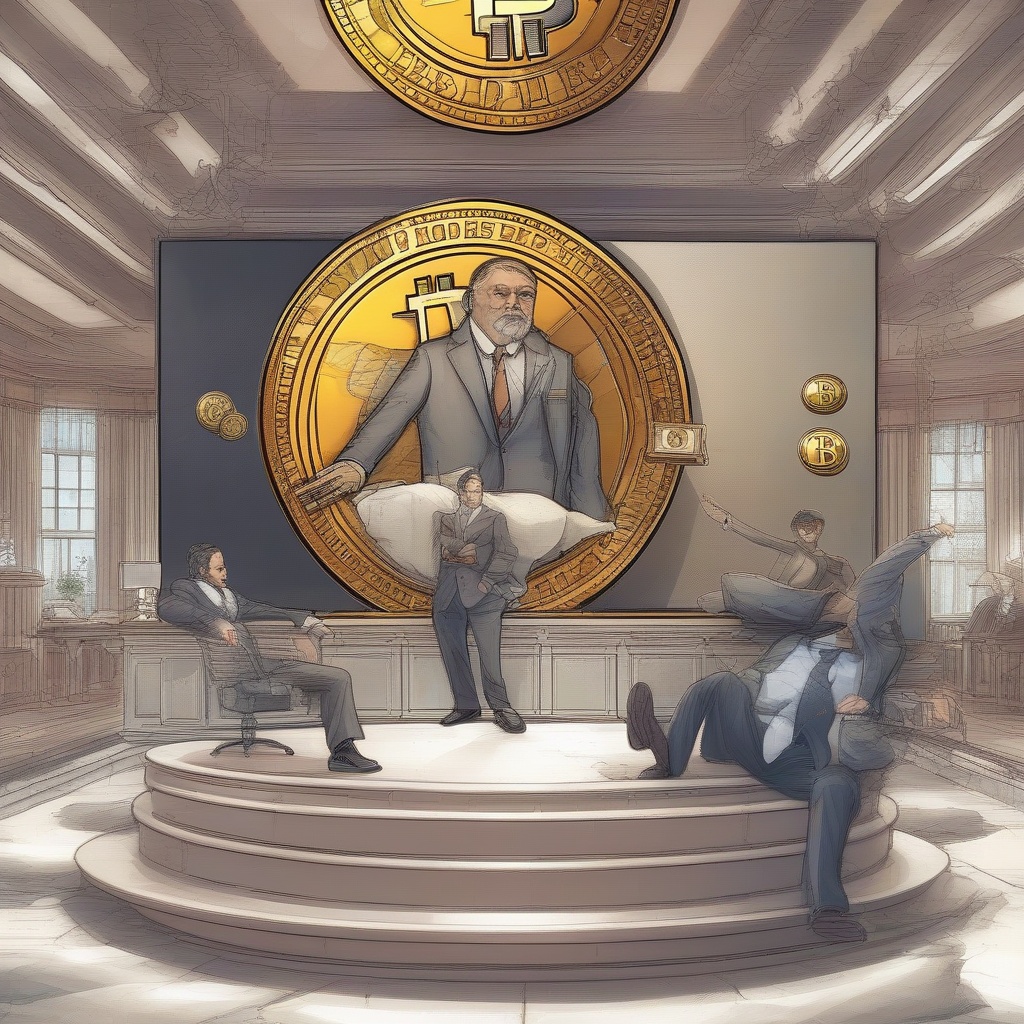Are cryptocurrencies a threat to decentralization?
In the realm of finance and cryptocurrency, there has been a growing debate surrounding the potential impact of cryptocurrencies on decentralization. With the rise of centralized exchanges, custodial wallets, and the dominance of a few major cryptocurrencies, are we seeing a threat to the CORE tenets of decentralization? On one hand, cryptocurrencies were envisioned as a means to empower individuals and dismantle traditional financial institutions, yet on the other, it seems that certain trends are leading towards increased centralization. Could this potentially undermine the very foundations of cryptocurrencies, or are there mechanisms within the ecosystem that can safeguard decentralization? What are the key indicators to watch, and what actions, if any, should be taken to preserve the decentralized nature of cryptocurrencies?
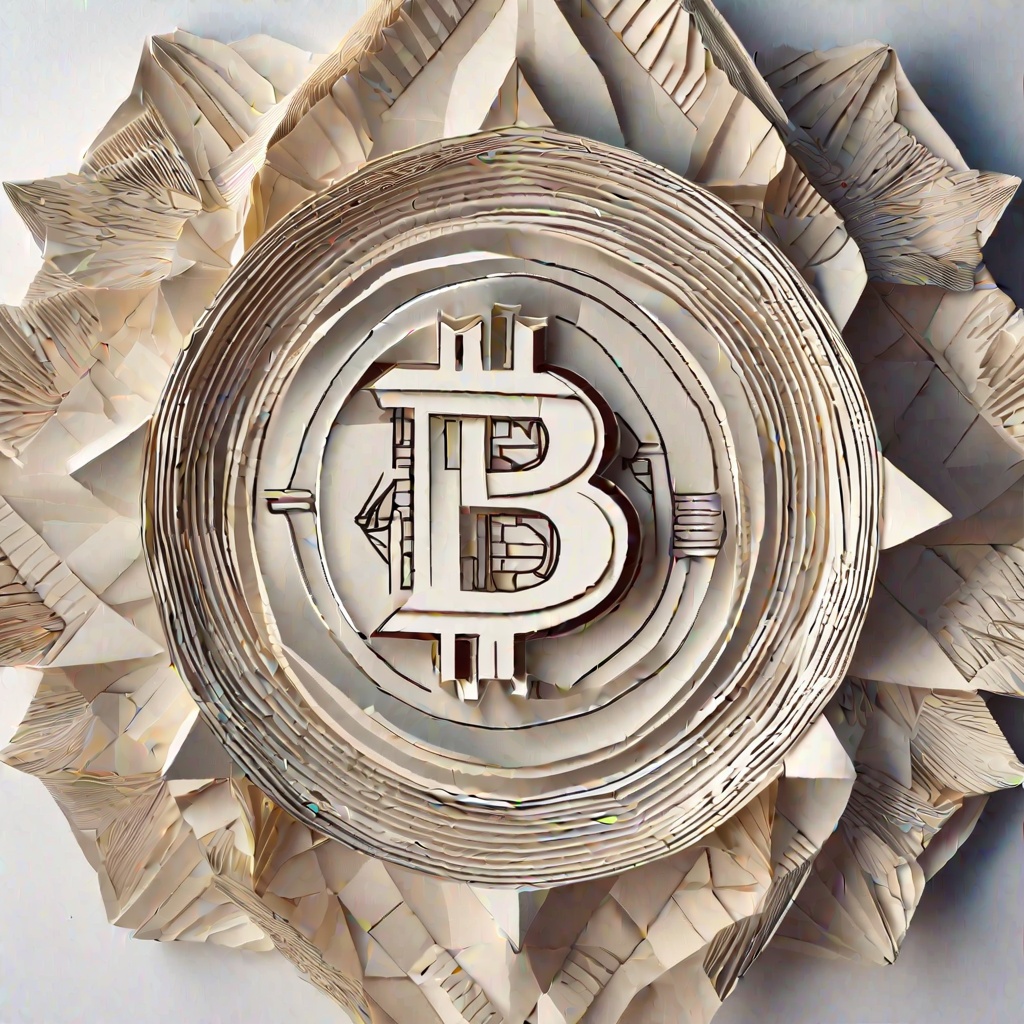
What is decentralization in cryptocurrency?
In the realm of cryptocurrency, the concept of decentralization holds significant importance. Could you elaborate on what decentralization truly entails in this context? Specifically, how does it differ from traditional, centralized financial systems? I'm curious to understand how the lack of a central authority or single point of failure enhances the security, efficiency, and overall functionality of cryptocurrency networks. Moreover, I'm interested in knowing how decentralization facilitates peer-to-peer transactions and ensures the transparency and immutability of data within these systems.
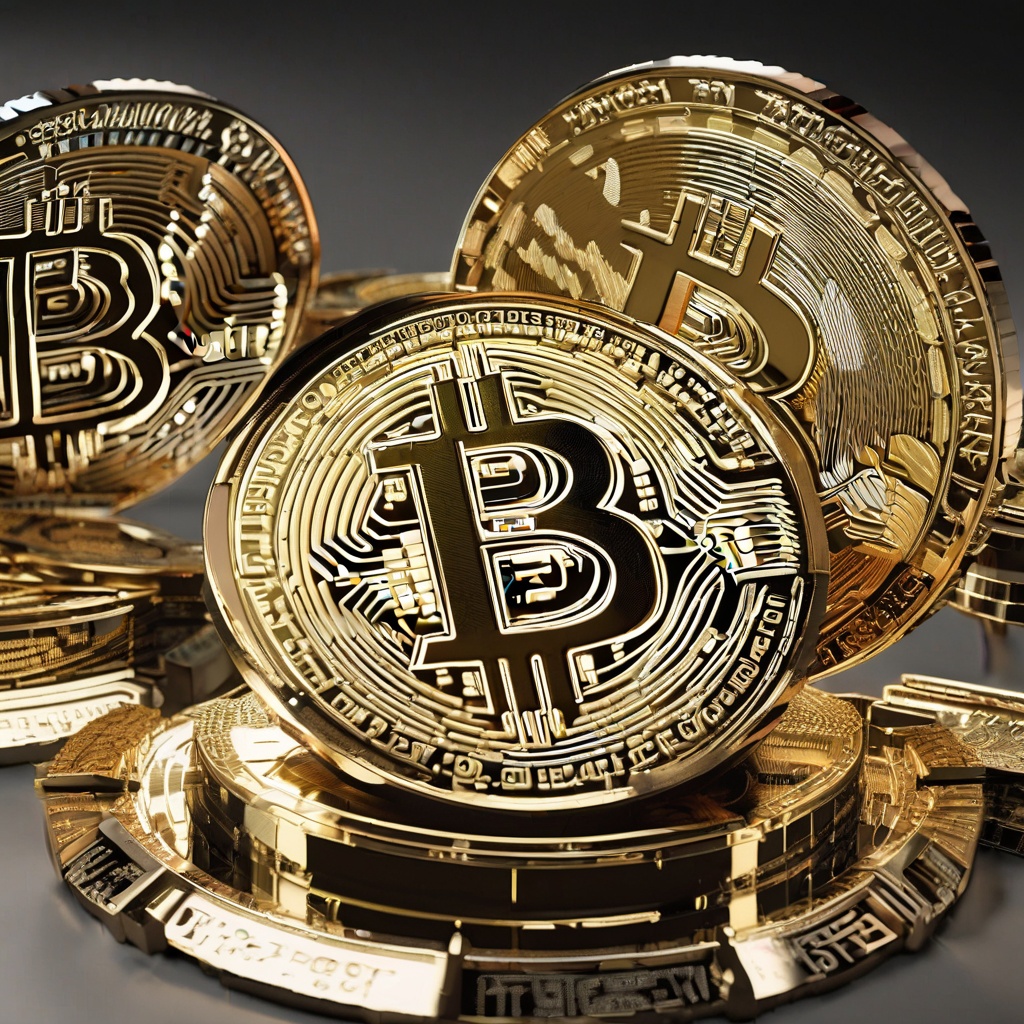
Why is Solana not decentralized?
I've been hearing a lot about Solana, and it's touted as a high-performance blockchain. However, I've also come across discussions questioning its decentralization. Could you explain why Solana is sometimes criticized for not being fully decentralized? I'm interested in understanding how its architecture or governance model might contribute to this perception. Also, are there any specific instances or events that have sparked these discussions about Solana's decentralization? It seems like a crucial aspect to consider when evaluating a blockchain project.
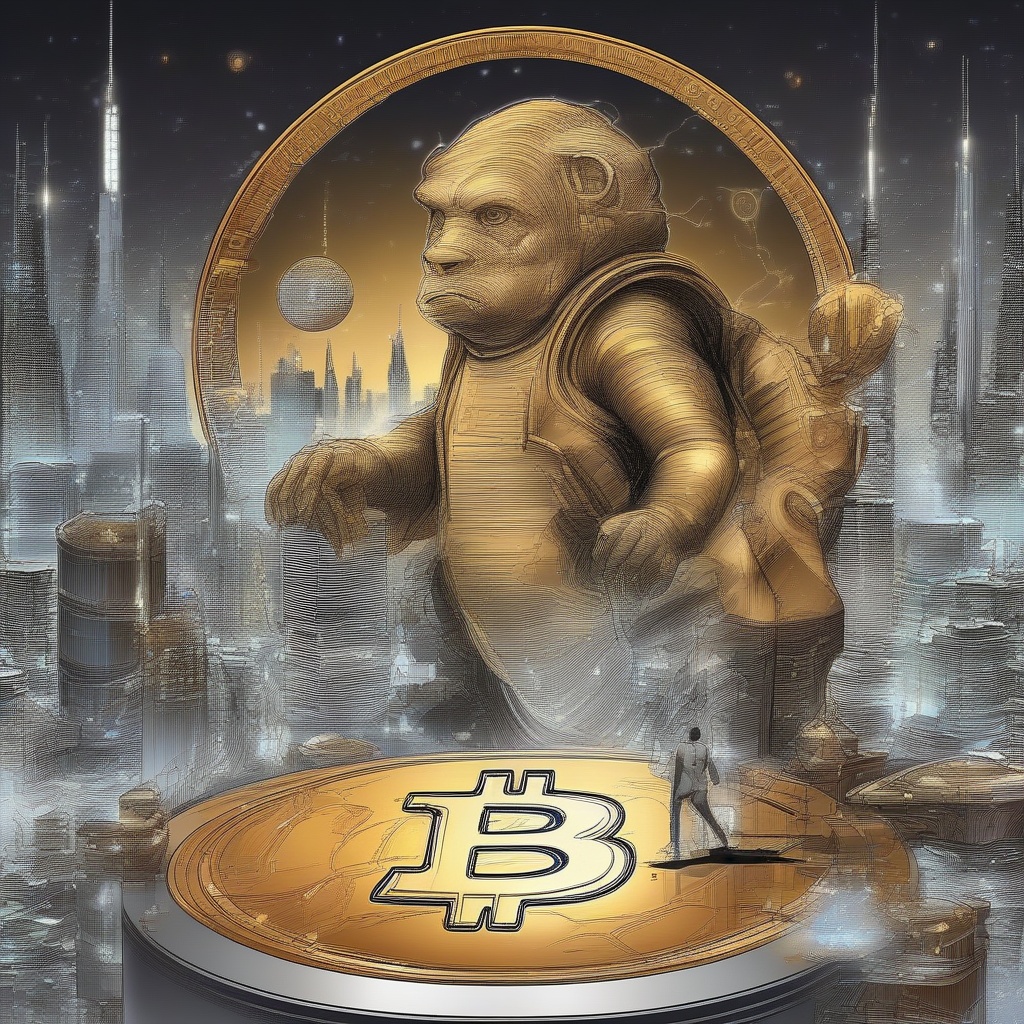
Is AVAX more decentralized than Solana?
Could you elaborate on whether AVAX offers a higher degree of decentralization compared to Solana? I'm particularly interested in understanding the key factors that contribute to decentralization in both these blockchains. Does AVAX's governance model, node distribution, or any other technical aspects provide a stronger case for decentralization? And how does Solana fare in comparison? I'm also curious about the security implications of each blockchain's decentralization level. Could you please shed some light on these points? Thank you for your insights.
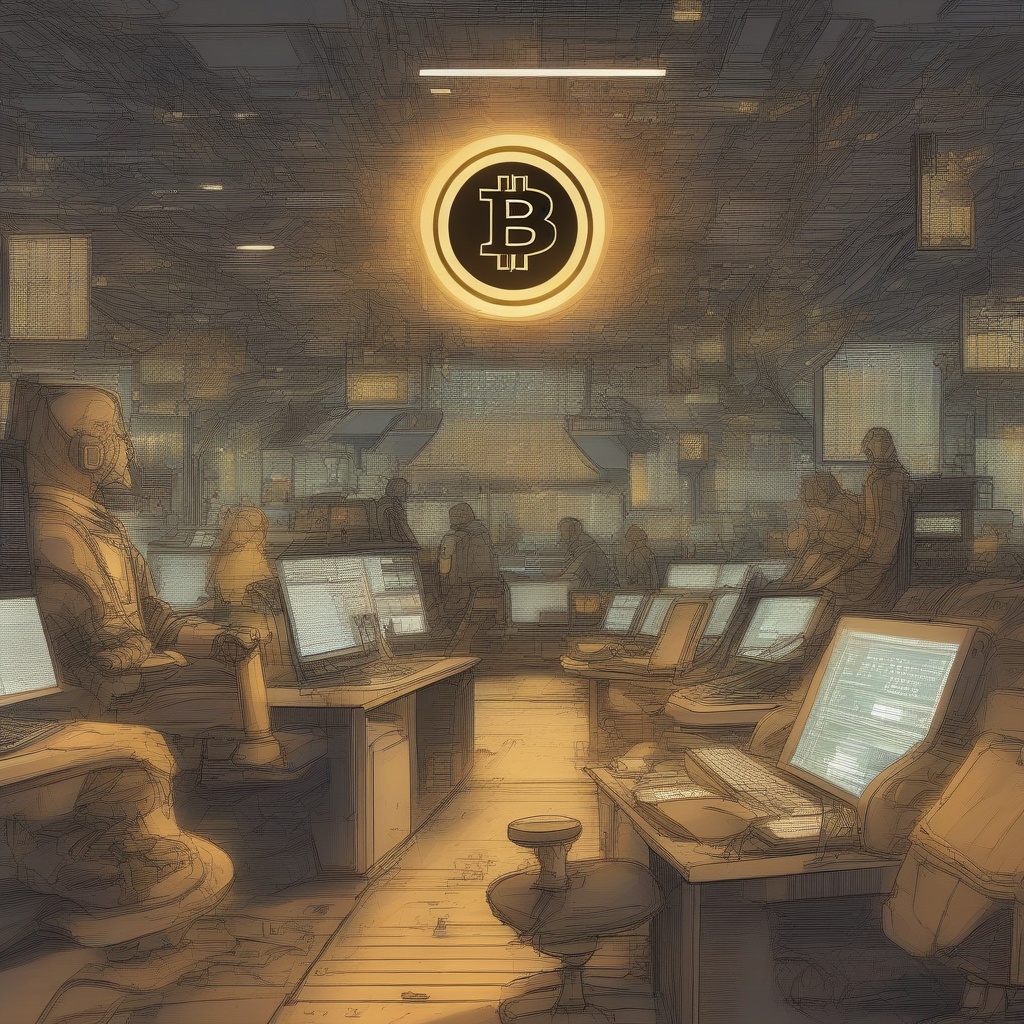
What are the benefits of Bitcoin?
Could you please elaborate on the advantages of Bitcoin? I'm interested in understanding the reasons why it has gained such widespread popularity and recognition in the world of finance. From what I've heard, it seems to offer a degree of anonymity and decentralization unlike any other form of currency. But what are the specific benefits that Bitcoin provides to its users? And how does it compare to traditional financial systems? I'm eager to learn more about this fascinating topic and how it's shaping the future of finance.
